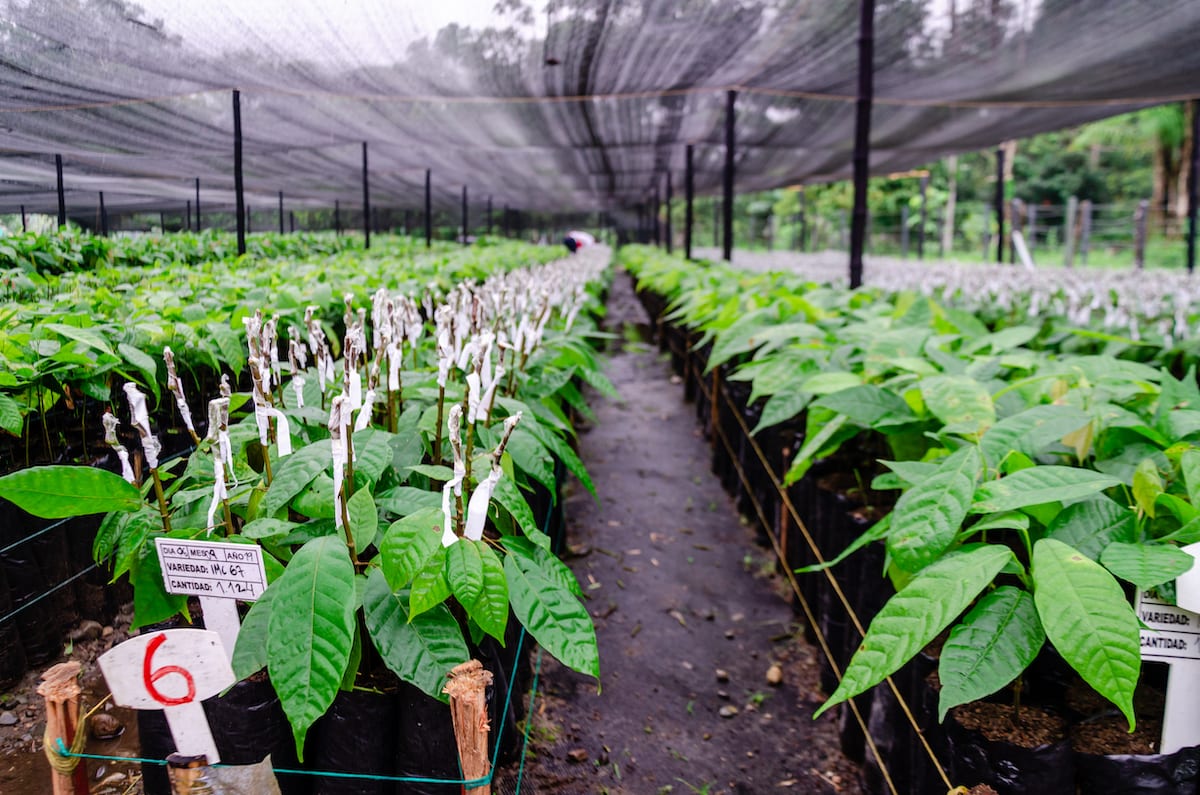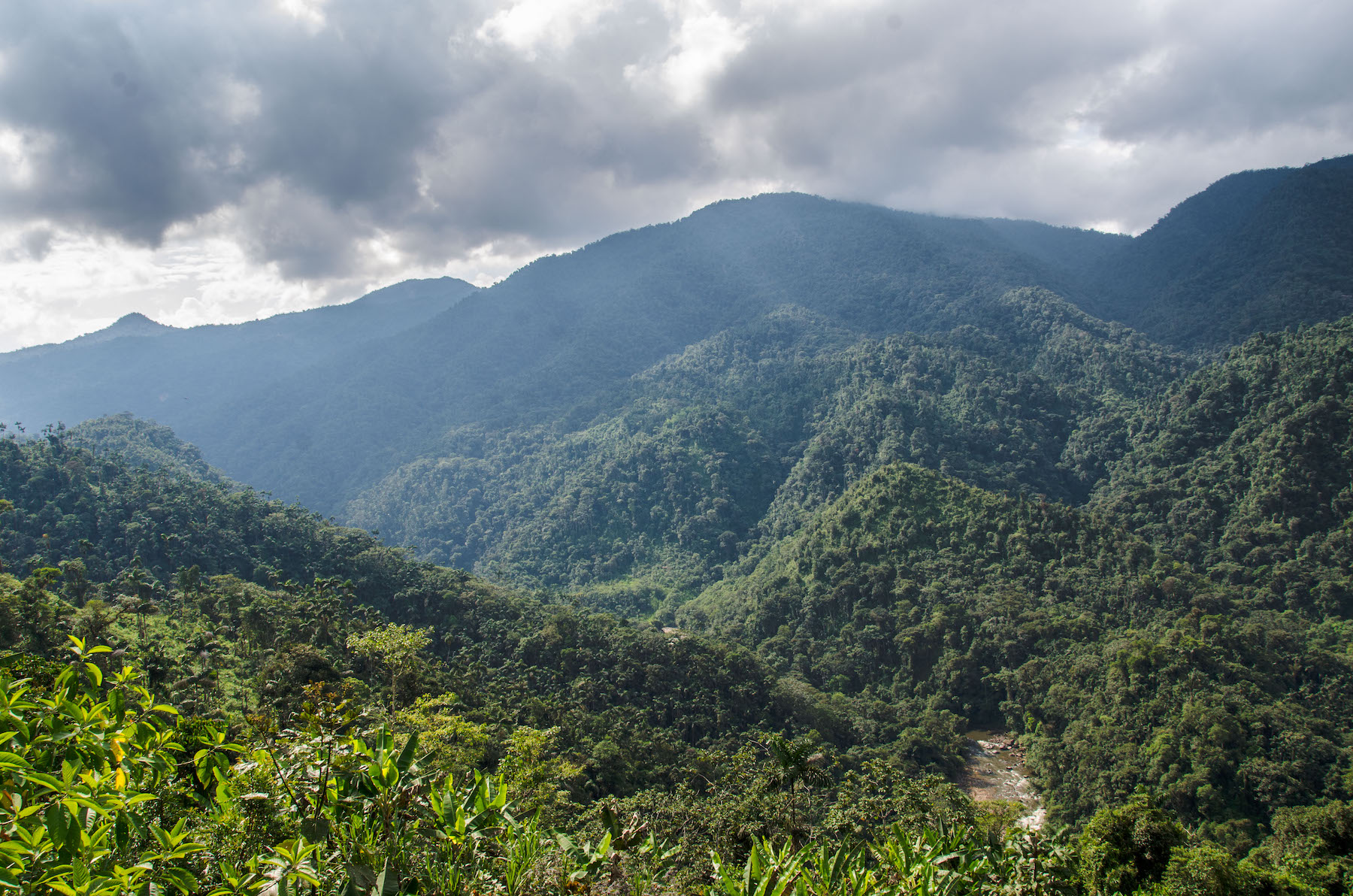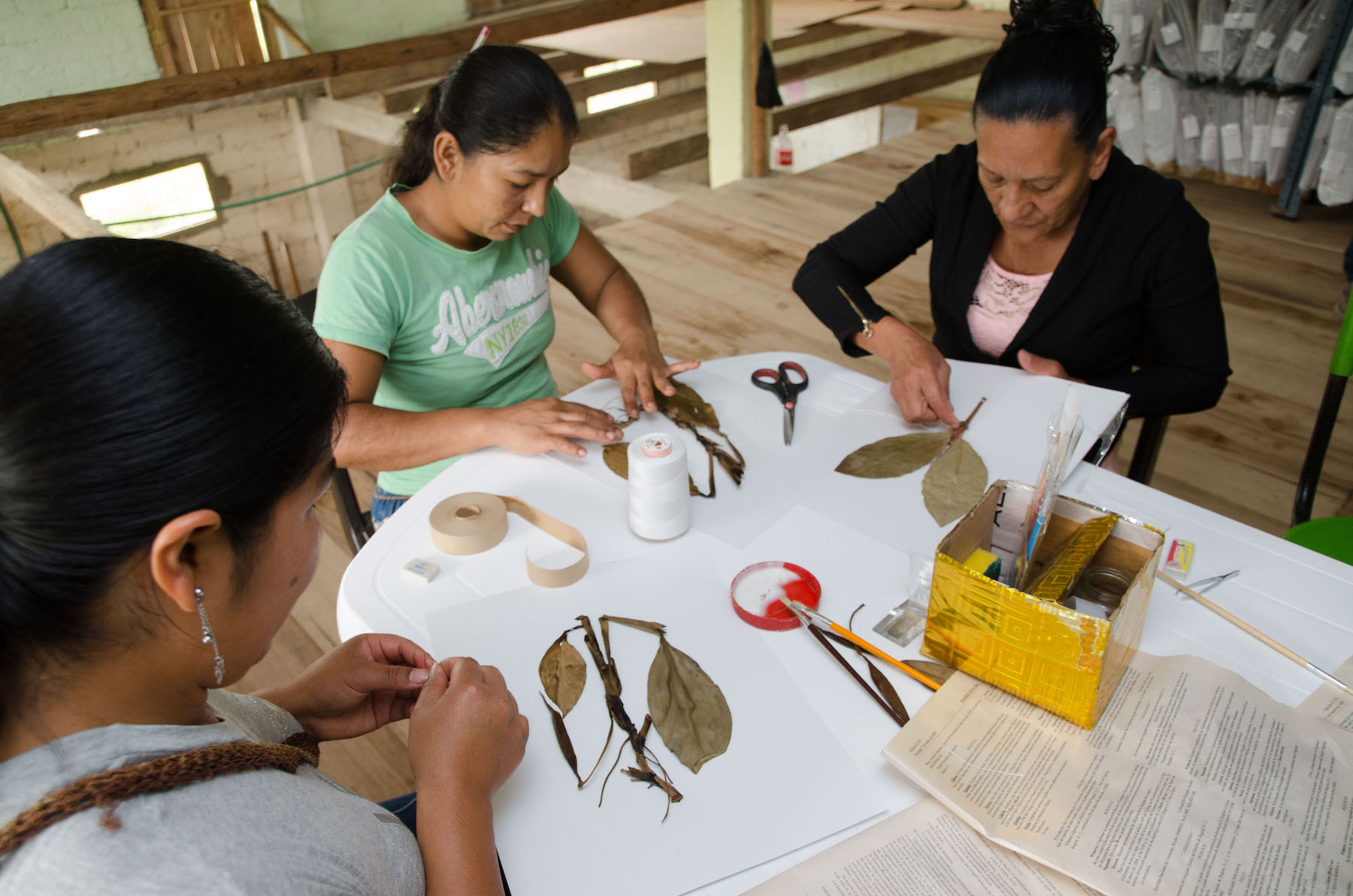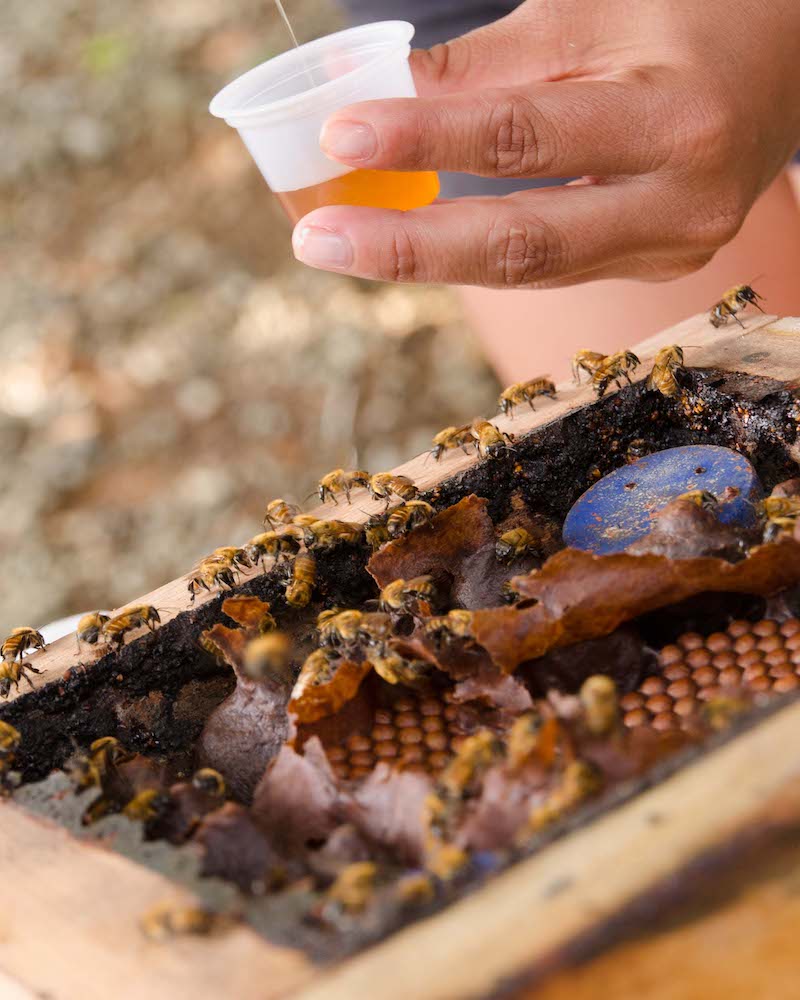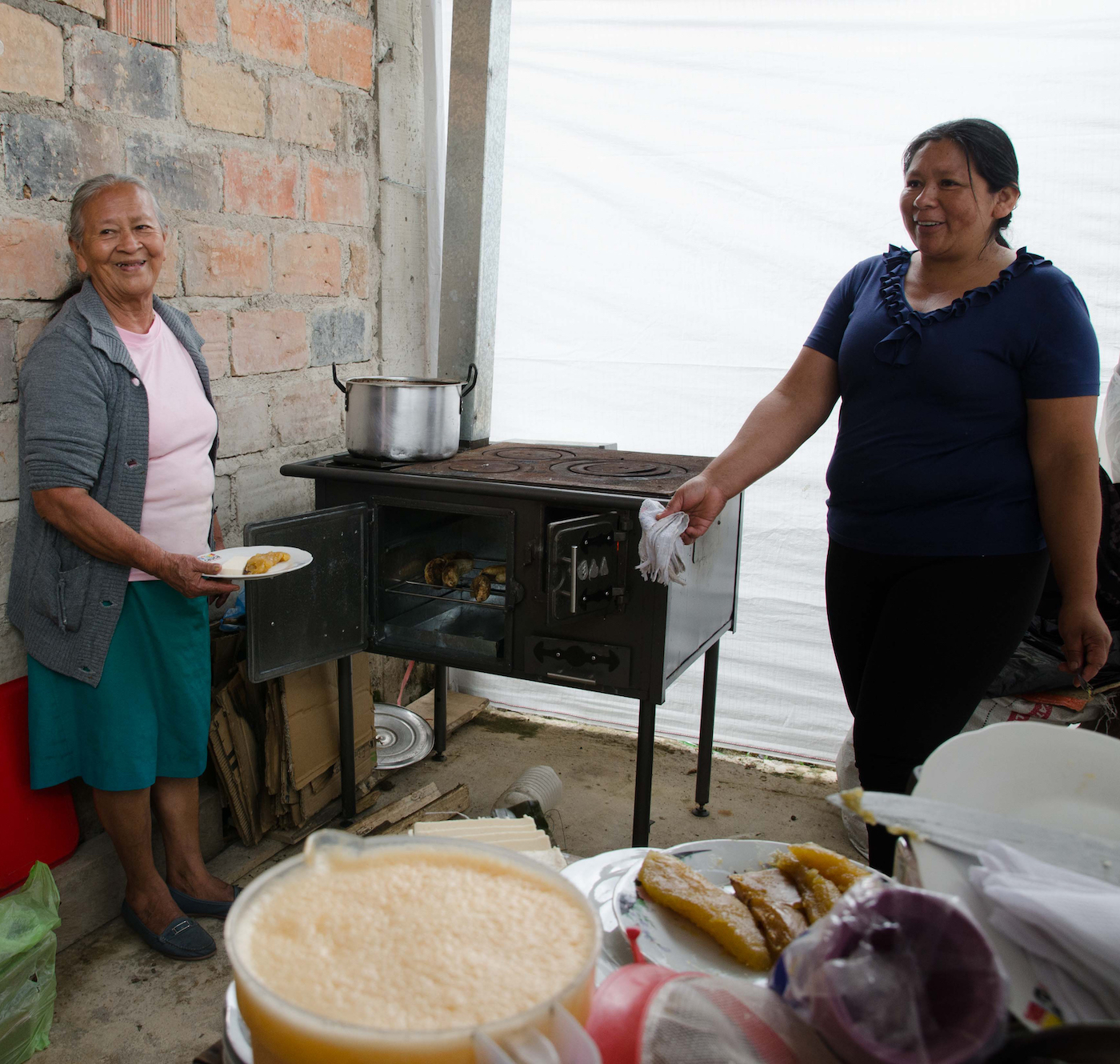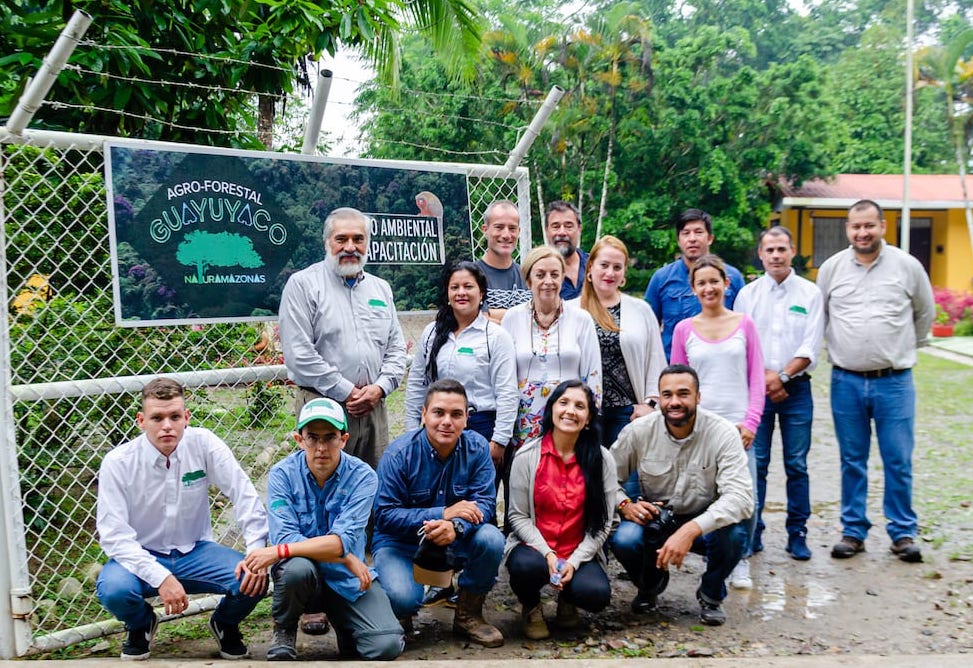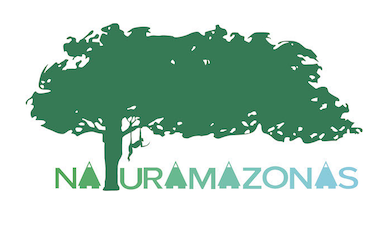Gran Tierra Energy’s Flagship Environmental Initiative in Collaboration with Conservation International
In 2017, Gran Tierra entered into a partnership with the NGO Conservation International, a non-government organization known for implementing and managing nature conservation projects around the world. Gran Tierra has committed to contributing USD $13 million over eight years to a large scale reforestation and conservation project in the Putumayo.
NaturAmazonas is a key component of the company’s efforts to help restore and to protect the Andes-Amazon corridor, one of the most biodiverse regions in the world. The project emphasizes Gran Tierra’s long-term commitment to responsible resource development as well as our firm belief that our activities and presence should coincide with a healthy environment and prosperous communities.
This initiative has been developed with the participation and support of the Colombia Ministry of Environment and Sustainable Development as well as with the participation and support of Corpoamazonia.
Check out the exciting progress of the NaturAmazonas project in the Amazon Piedmont rainforest of Putumayo. We are extremely proud of our partnership with Conservation International and the accomplishments of the project so far. Watch Conservation International Colombia’s video to learn more.
Benefits for local communities:
It is our hope that NaturAmazonas will benefit not only the natural environment but also will bring economic and social development to the Putumayo region in the Post Conflict era. NaturAmazonas has four major components to maximize its benefits for local communities in the Putumayo:

Inter-Agency Coordination to help develop partners for current and future conservation efforts

Knowledge Generation integrates participatory research and planning methods

Sustainable Production implements sustainable management schemes of natural forest ecosystems affected by human intervention

Socioeconomic identifies different alternative productive chains and sustainable enterprises
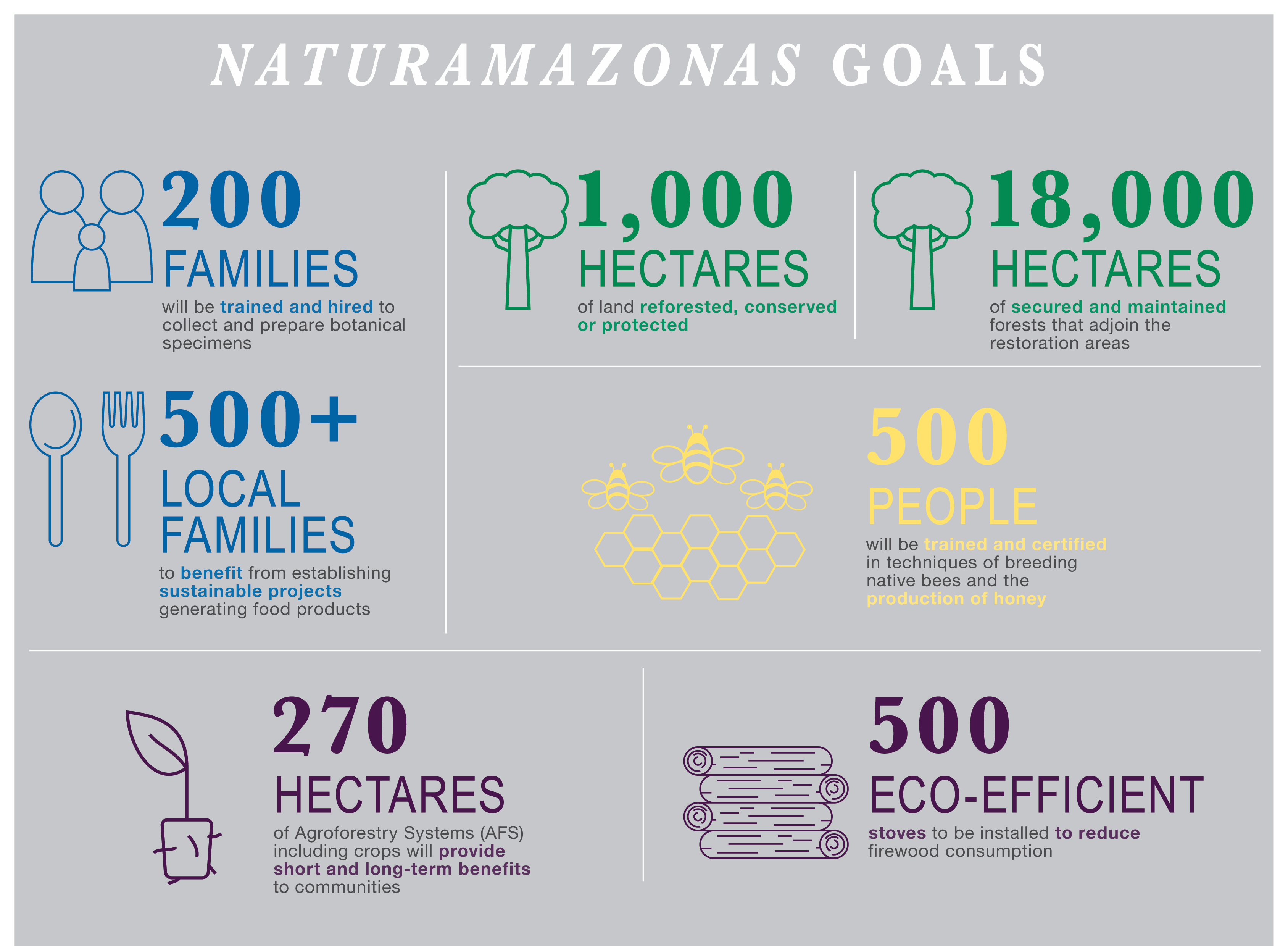
Expanding NaturAmazonas
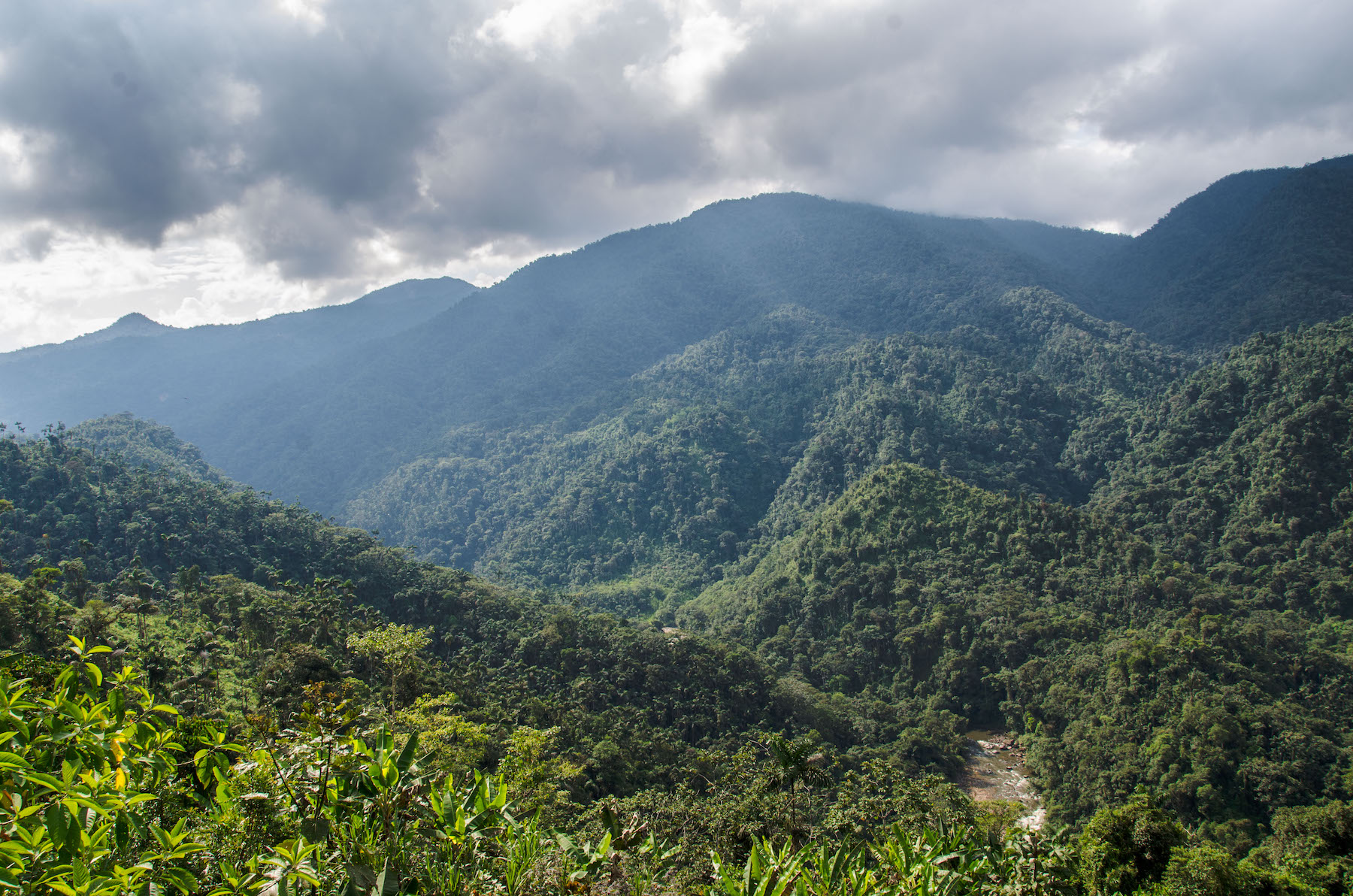
In 2019, Gran Tierra Energy announced it is expanding the NaturAmazonas project and partnership with Conservation International. This new project called Conservation and Prosperous Communities is designed to promote economic sustainability and conservation for rural communities in Putumayo.
Conservation and Prosperous Communities has included financial and technical support that establishes sustainable agricultural practices, with connections to regional and national markets. This program works to support family food security needs, all while developing zoning areas for forest conservation and restoration activities.
NaturAmazonas Conservation and Prosperous Communities Goals
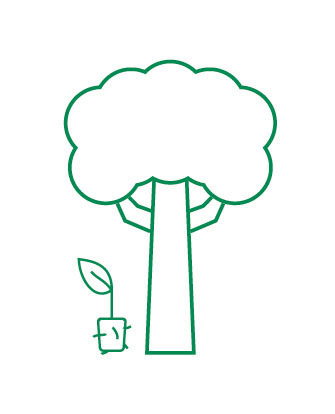
270 hectares of Agroforestry Systems (AFS) including crops that will provide short and long term benefits to communities

140+ direct employment opportunities will be created within local communities

1,000 people will have improved food security and increased income
Knowledge Generation
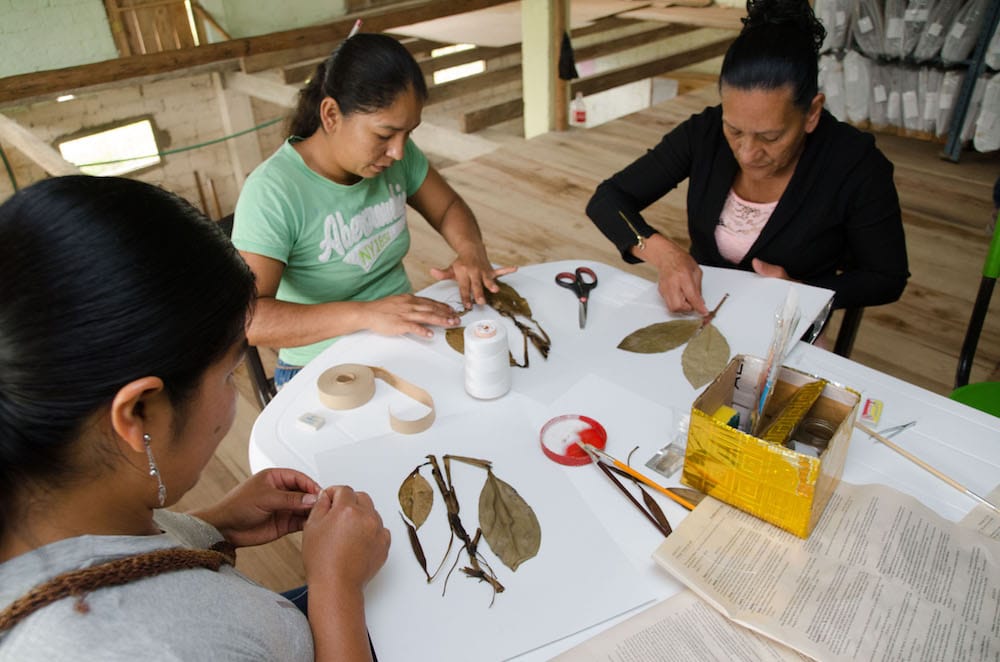
Local residents have been hired for expeditions deep into the Piedmont, collecting and categorizing over 10,000 specimens of native plants. Called “Guardians of Botanical Knowledge,” these residents are at the same time building their knowledge about the native plants and contributing to the creation of important mapping of the botanical make-up of the forest in their areas. New species of plants, including some that are at risk, have been discovered by the Guardians.
“The Guardians of Knowledge program has been very important in providing income and also learning about our environment. In our organization we have 89 women from three townships. In this area we have a lot of natural resources but not much income, so we are looking to preserve our environment but also generate income.”
SANDRA MILENA PISO CAMAYO, President of the Women’s Organization AMNUOC
ILBER ANDRES NAVRA
“The economy here used to revolve around harvesting wood. Now the community is very focused on preservation and environmental protection. Youngsters are now taking leadership roles in protecting the environment, which is excellent.”
Botanical Health Development Through Beekeeping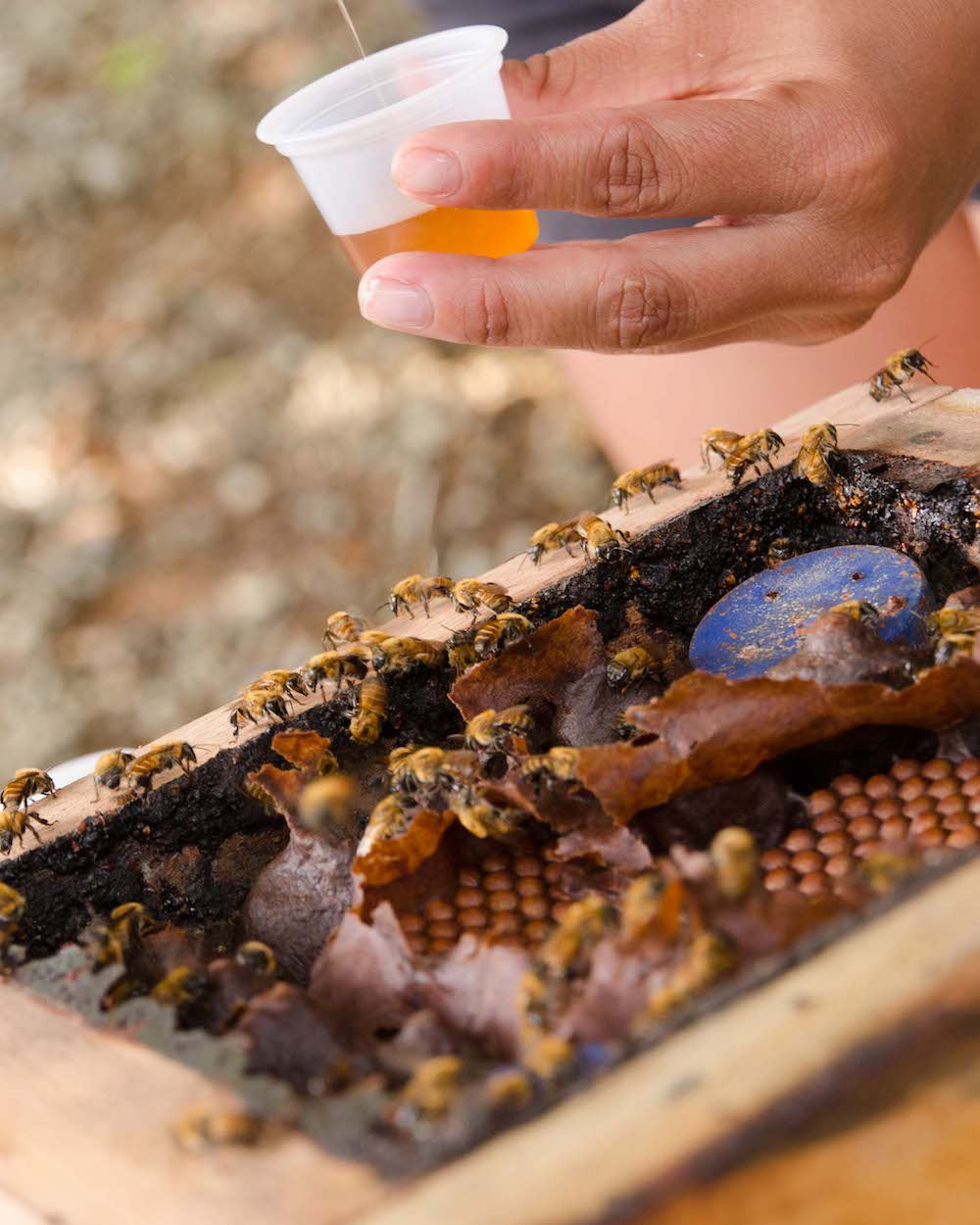
Thousands of bees swarm around unprotected beekeepers, who are not concerned because these are stingless bees, native to this part of the Amazon rainforest. It had previously been illegal in Colombia to cultivate stingless bees, but Gran Tierra worked with the Colombian authorities to change the regulations to allow local people to engage in this important line of sustainable production through the company's NaturAmazonas program. The bees pollinate plants and trees, supporting reforestation and contributing to botanical health while also producing honey for the farmers—a valuable, durable commodity with appeal in both local and national markets.
There is a high demand for stingless bee syrups, which have a number of different flavours, and keepers can also rent the bees out to local farmers for pollination, providing yet another stream of income. The association of beekeepers continues to grow, with over 300 current members having been trained and certified. Participants are selected based on the optimal distribution of bees and trees for future reforestation.
Gran Tierra is Recognized for its Environmental Efforts
Gran Tierra’s NaturAmazonas program was awarded first place in the Fauna category at the Latin America Green Awards in 2020. The beekeeping and pollination project supports the Amazon’s Honey program, reforestation and the protection of botanical health through increased bee pollination.
JULIANA RICO, Beekeeper
“I am one of the people who were trained to strengthen our traditional knowledge of beekeeping. This project allows us to work with the Indigenous bee species. Because the bees want to create more honey, they need more pollen, so they are helping more plants grow in the area. This has been marvelous; we have fallen in love with the bees and know how to attract them naturally instead of cutting trees down to get them.”
Efficient Stoves
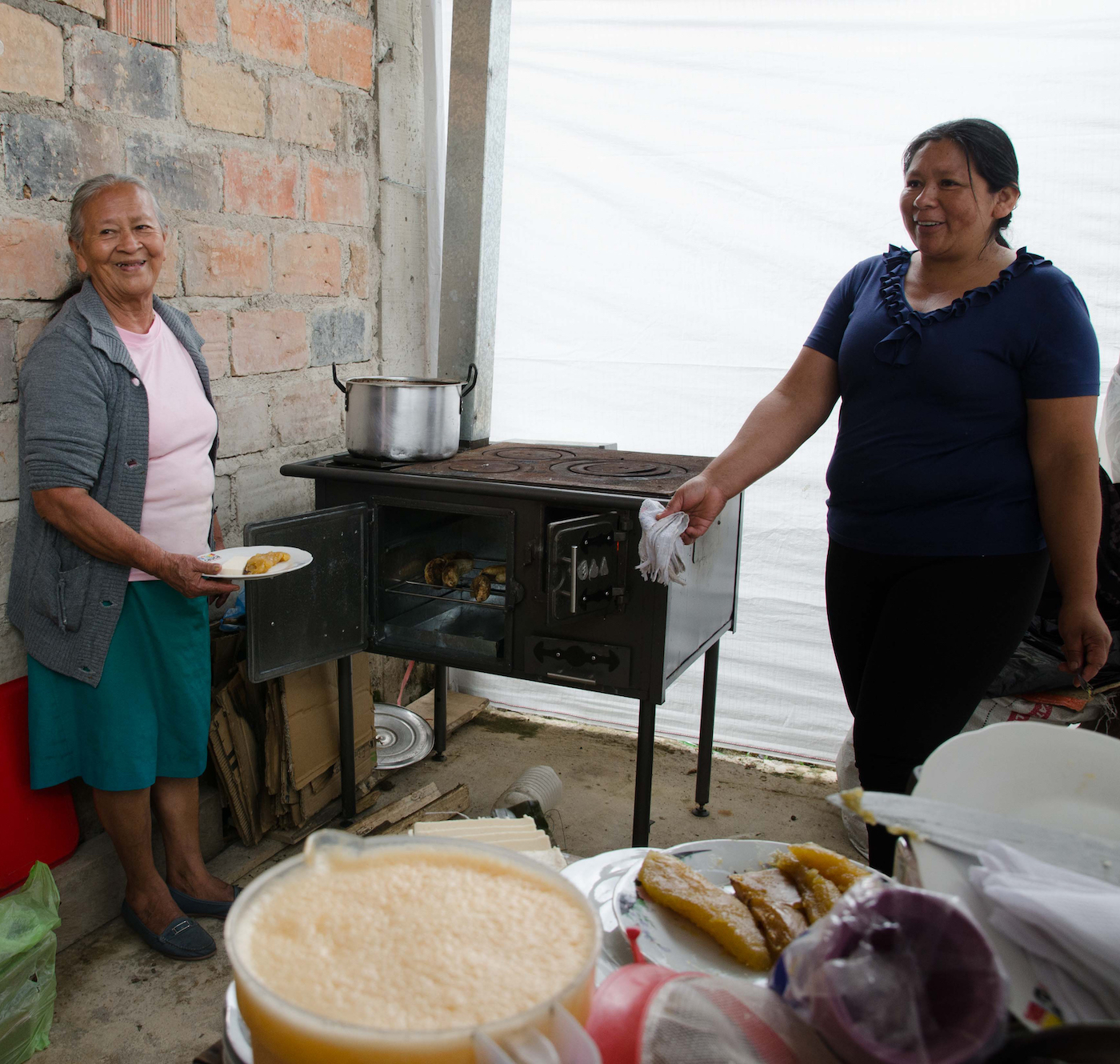 As part of this project, an innovative wood-burning stove was developed for use inrural areas without reliable access to electricity. In these areas, trees are frequently cut down for household heating, cooking and lighting. The stoves, which are portable, are 60% more efficient than open wood burning with less emissions. The latest version also generates a steady three volt current which can charge mobile phones and power 10 lights for three hours – a significant benefit for these communities. To date, 250 eco-stoves have been delivered to families in local communities. The project is now looking at how to scale up the distribution of the stoves.
As part of this project, an innovative wood-burning stove was developed for use inrural areas without reliable access to electricity. In these areas, trees are frequently cut down for household heating, cooking and lighting. The stoves, which are portable, are 60% more efficient than open wood burning with less emissions. The latest version also generates a steady three volt current which can charge mobile phones and power 10 lights for three hours – a significant benefit for these communities. To date, 250 eco-stoves have been delivered to families in local communities. The project is now looking at how to scale up the distribution of the stoves.
Agroforestry Centres
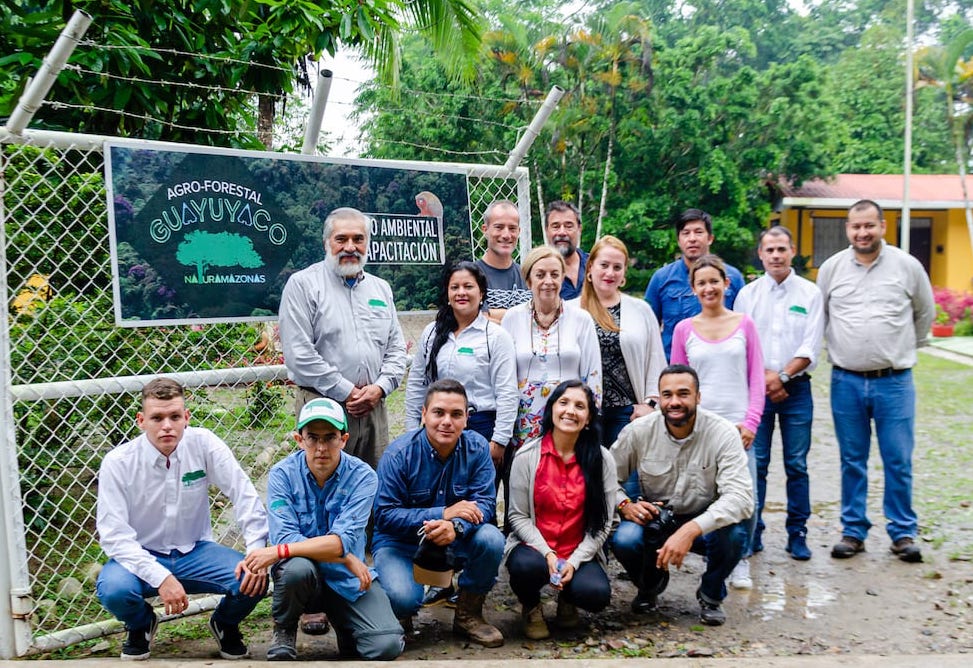
The Guayuyaco Agroforestry Centre in the town of Piamonte was converted and refurbished from an abandoned social site of a nearby Indigenous Inga community and is capable of growing over one million seedlings each year to support the reforestation initiative. Dozens of women from Miraflores and the surrounding areas carry out planting work at the Guayuyaco Agroforestry Centre. Cacao seedlings are spliced together to develop high quality and resilient varieties of the crop.
The Sacha Wasi Agroforestry Centre located in El Mesón, Villagarzón has a production capacity of one million seedlings per year, a total area of 8.06 hectares, and is designed with spaces to store materials, equipment and supplies. This agricultural-focused nursery includes specific areas for preparation and bagging of the substrate, irrigation, germination, management and sowing modules.
